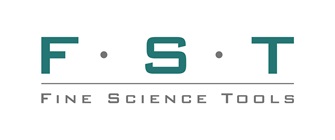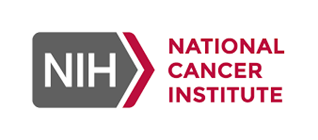About
The workshop is structured to provide a balance between theoretical knowledge and practical application. Mornings are dedicated to lectures by world-renowned scientists who will share the latest insights and advancements in cancer modeling. These sessions will cover a variety of organ sites and emphasize common themes in cancer research. Afternoon sessions are focused on intensive laboratory work, where you will apply what you’ve learned in a controlled, supportive environment.
Whether you're focused on a specific type of cancer or exploring multiple cancer types, this workshop is ideal for researchers who want to advance their expertise in cancer modeling and apply these techniques to their own studies.
What You’ll Learn:
- Develop technical skills to perform precise manipulations and surgeries on mouse models for cancer research. These include colon endoscopy, brain injection, lung lavage, mammary gland whole mount preparation, urogenital and prostate dissection, splenocyte and bone marrow isolation, xenografting (subcutaneous, kidney capsule and tail vein), necropsy and more!
- Learn how to prepare and maintain organoid cultures to facilitate cancer research in vitro.
- Gain practical knowledge in analyzing genetically defined mouse models, allowing you to ask critical questions about gene function and cancer biology.
A unique aspect of this workshop is the opportunity to present your own research or proposed projects to course faculty and peers. While optional, this is a chance to receive constructive feedback and engage in meaningful discussions that can enhance your research approach. We encourage participants to prepare a 2–3-minute PowerPoint presentation to share their work.
Additionally, part of this workshop includes pathology sessions. Participants are encouraged to bring FIXED slides for analysis and discussion. Please Note: You are not permitted to bring fresh tissue to The Jackson Laboratory.
Completion of the workshop may be used towards continuing education units for AALAS and Academy of Surgical Research (ASR) re-certification.
Accommodation Information
We strive to host inclusive, accessible events that enable all individuals, including individuals with disabilities, to engage fully. To request accommodation or for inquiries about accessibility, please contact Erin McDevitt at 207-288-6659 or erin.mcdevitt@jax.org.
Research reported in this publication was supported by the National Cancer Institute of the National Institutes of Health under Award NumberR25CA172010. The content is solely the responsibility of the authors and does not necessarily represent the official views of the National Institutes of Health.








